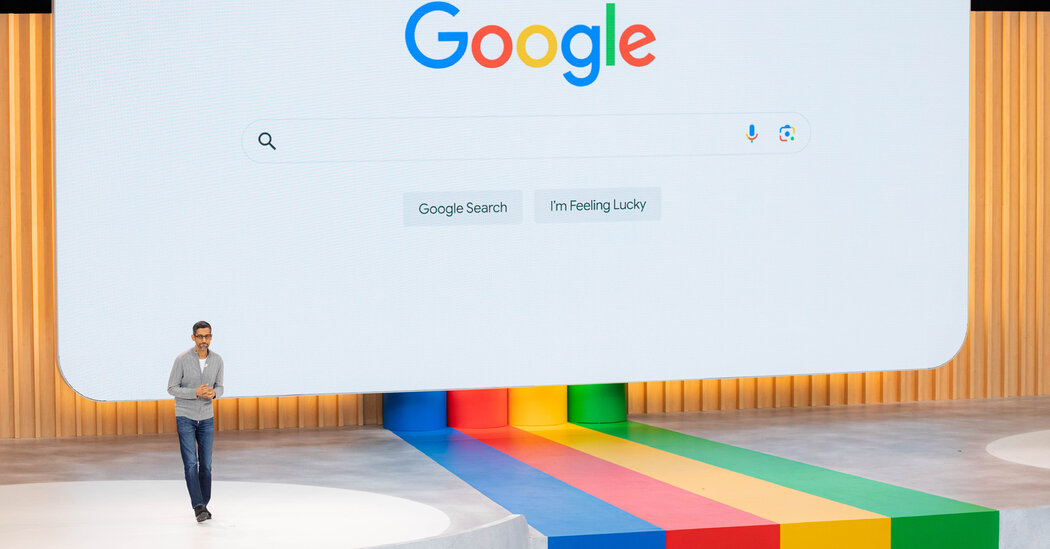Anyone who clicked on a Google search result link from October 2006 to September 2013 is entitled to a piece — however small — of a $23 million settlement that the tech giant has agreed to pay to resolve a class-action lawsuit.
The settlement’s administrators set up a website for people to submit claims. According to the site, the estimated individual payout stands at $7.70. But that figure can fluctuate based on the number of people who make valid claims.
Google, which is owned by Alphabet Inc., agreed to the settlement in August. The consolidated class-action lawsuit filed in 2013 accused the company of “storing and intentionally, systematically and repeatedly divulging” users’ search queries and histories to third-party websites and companies.
This, according to the lawsuit, amounted to a privacy-law violation and a breach of Google’s own privacy pledge to its users.
The lawsuit argued that Google search queries often contained sensitive and “personally identifiable” information, including “users’ real names, street addresses, phone numbers, credit card numbers, Social Security numbers, financial account numbers and more, all of which increases the risk of identity theft.”
Google, which has admitted no wrongdoing, is required as part of the settlement to update its frequently-asked-questions page and its “key terms” page to disclose how search queries can be shared with third parties.
A court will decide whether to approve the agreement at a hearing on Oct. 12, according to the claim administrator website. It is not clear when payments will be distributed. Even if the court grants final approval of the settlement in October, appeals can slow the process, according to a claim notice from the administrator.
Users who wish to file a claim have until July 31 to submit their full name, street address and an email address. Anyone who wishes to object to or be excluded from the settlement must submit a form by mail by the same deadline.
Last year, Meta, Facebook’s parent company, agreed to pay $725 million to settle a similar class-action lawsuit over its handling of user data.
Source: Read Full Article
